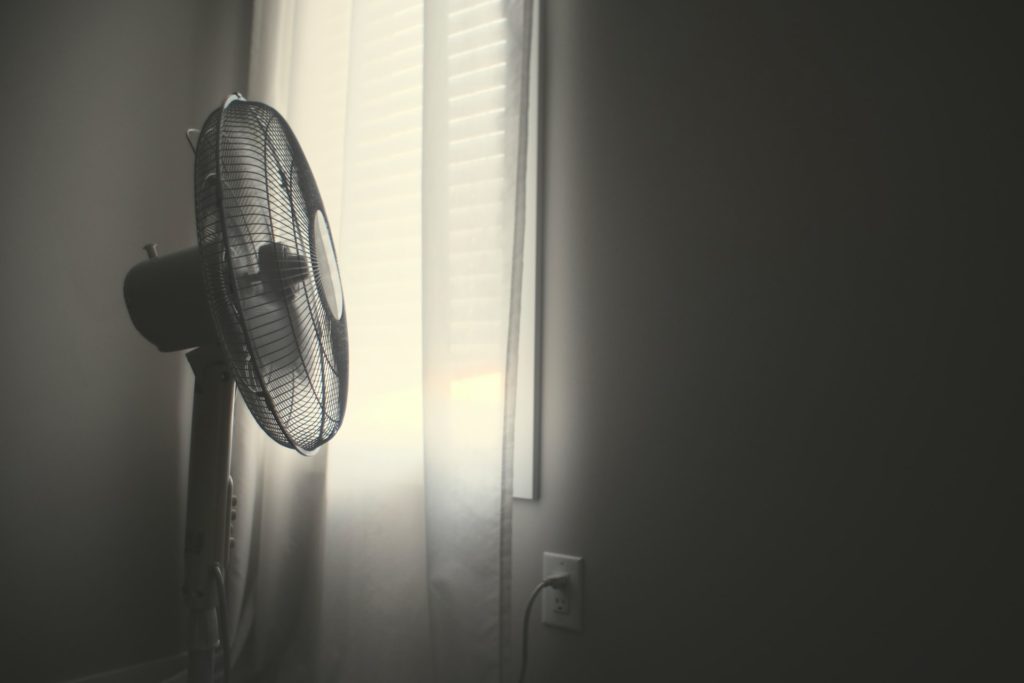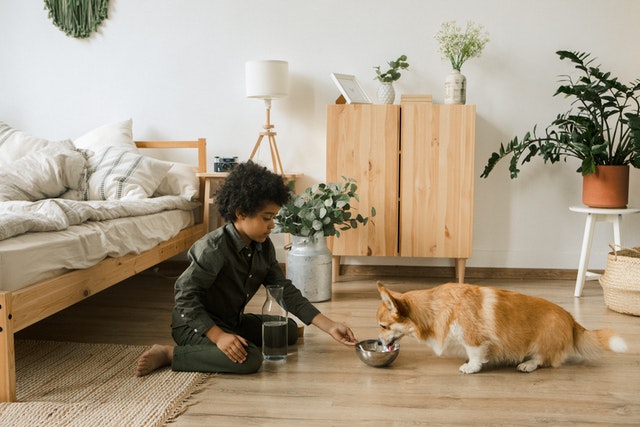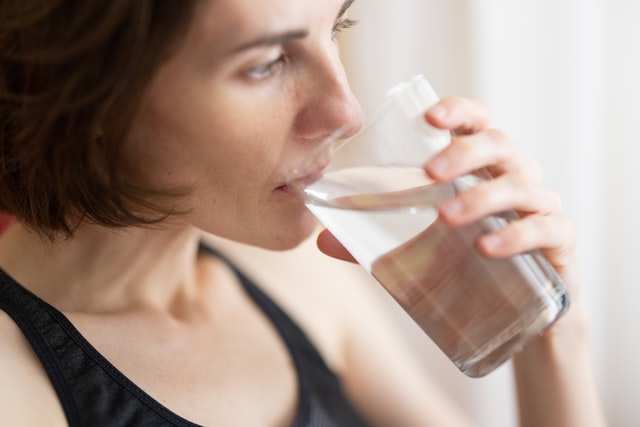A heatwave can be deadly. That’s why it’s important to take the necessary precautions to keep cool and safe when temperatures soar. In this blog post, we’ll discuss the risks of heat waves and outline some key tips on how to stay safe during this dangerous weather event. Stay cool!

What is a heatwave?
A heatwave is a prolonged period of excessively hot weather. To be classified as a heatwave, the temperature must be at least five degrees above the average temperature for that time of year. For example, in Australia, a heatwave would be defined as three days or more of temperatures exceeding 32 degrees Celsius.
Heatwaves can be extremely dangerous, especially for vulnerable members such as the elderly, young children, and those with chronic medical conditions. The body begins to overheat when exposed to high temperatures and can no longer cool itself down effectively. This can lead to dehydration, heat exhaustion, heat stroke, and in extreme cases, death.
What are the signs of heat exhaustion?
Heat exhaustion is a condition that can occur when your body temperature rises to 37 degrees Celsius or higher. Symptoms include heavy sweating, muscle cramps, headache, dizziness, and nausea. If you are experiencing any of these symptoms, it’s important to seek medical attention immediately, as heat exhaustion can quickly lead to heat stroke – a potentially fatal condition.
What are the signs of heat stroke?
Heat stroke is a medical emergency that requires immediate treatment. Symptoms include a body temperature of 40 degrees Celsius, confusion, seizures, and loss of consciousness. Call an ambulance immediately if you think someone is suffering from a heat stroke.
When is it too hot to tan?
There is no safe tan, regardless of the temperature. UV radiation from the sun is the leading cause of skin cancer, so always wear sunscreen outdoors, even on cloudy days. If you must spend time in the sun, stay hydrated and take regular breaks in the shade.
So how can you stay safe during a heatwave? Here are some key tips:
- Drink plenty of fluids, even if you’re not thirsty. Avoid caffeinated and alcoholic drinks as they will dehydrate you.
- Stay cool by spending time in air-conditioned buildings or places with cool breezes. Stay indoors as much as possible, especially during the hottest hours of the day (11 am-3 pm)
- Wear loose, cool clothing made from natural fabrics such as cotton.
- Take cool showers or baths to help lower your body temperature.
- Wear loose, light-colored clothing and a hat if you go outside.
- Use a fan: Fans circulate air and help evaporate sweat, which will help you feel cooler.
- Soak your feet in cold water: Fill a bowl or basin with cold water and add some ice cubes. Soak your feet for 15 minutes to cool down your whole body.
- Eat cool foods: Foods like watermelon, cucumber, and salad are refreshing and help you stay hydrated. Avoid hot drinks and meals as they will make you feel even hotter.
- Use a wet towel: Wet a large towel with cold water and put it around your neck like a scarf. Alternatively, you could wrap it around your head like a turban. Re-wet the towel as needed to keep cool.
Should you close your curtains during a heatwave?
It can help to close your curtains during the day to keep the heat out, but make sure you open them again at night so the room can cool down. If possible, invest in some blackout curtains as they will keep your home cooler. You could also try attaching foil to your windows to reflect the heat.
How to keep pets cool in the heat

Pets can also suffer from heat-related illnesses, so it’s important to take steps to keep them cool during a heatwave.
- Never leave your pet in a parked car, even for a short period. The temperature inside a car can rise quickly, leading to dehydration and heatstroke.
- Provide your pet with plenty of fresh, cool water. The RSPCA says that they need a constant supply of fresh water. Ice cubes can be used in their drinking bowl or to make pet-friendly frozen treats.
- Make sure they have access to a shady spot to escape the heat. If possible, bring them inside to an air-conditioned room.
- Avoid exercising your pet during the hottest hours of the day, and watch for signs of heat exhaustion such as excessive panting or drooling.
- Do not leave your pets in conservatories or caravans when it is warm outside, even for a short period.
What can I do to help wildlife in my garden?
Insects, reptiles, and other animals struggle to find food and shelter during a heatwave. Here are some ways you can help:
- Provide a shallow water dish for birds, insects, and small mammals. Add some stones or pebbles so that animals can climb in and out easily. Ensure the water dish is refilled with fresh water three times a day and kept in a shaded location.
- Leave out food such as seeds, fruits, and nuts.
- Make a bug hotel by filling an old container with materials such as straw, twigs, and leaves.
With temperature records being broken worldwide, it’s more important than ever to be aware of the risks of heatwaves and how to stay cool and safe. Following the tips in this guide, you can enjoy the warm weather while staying healthy and comfortable.
Do you have any other tips for surviving a heatwave? Let us know in the comments below!







































